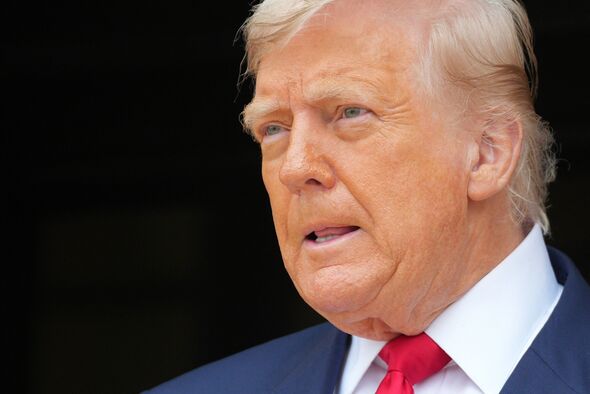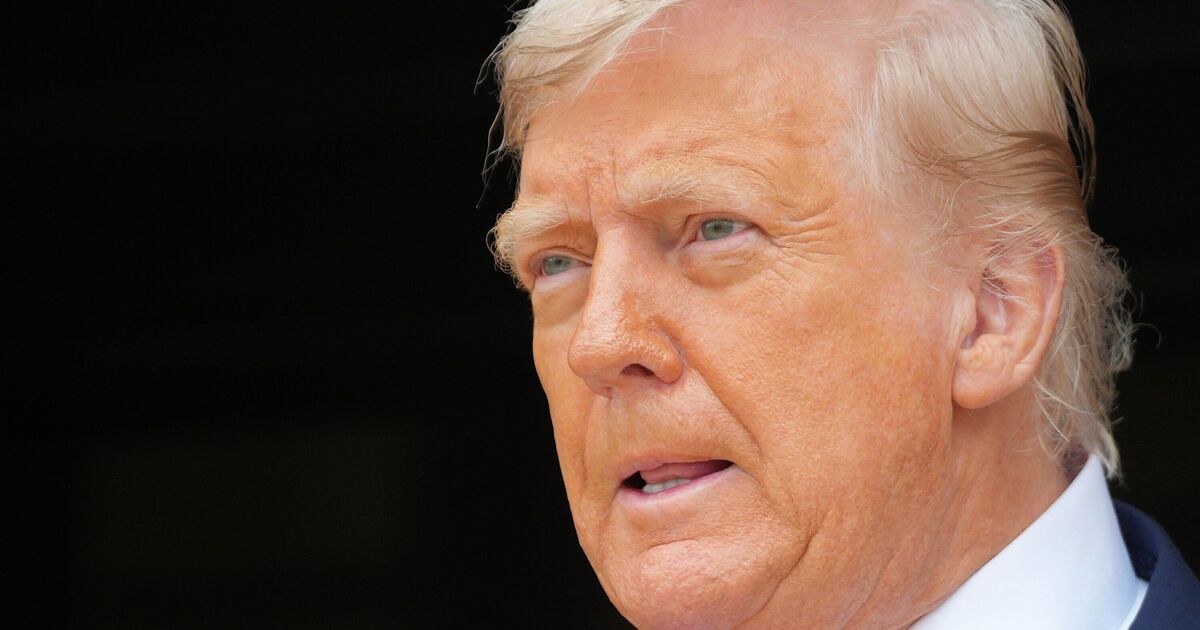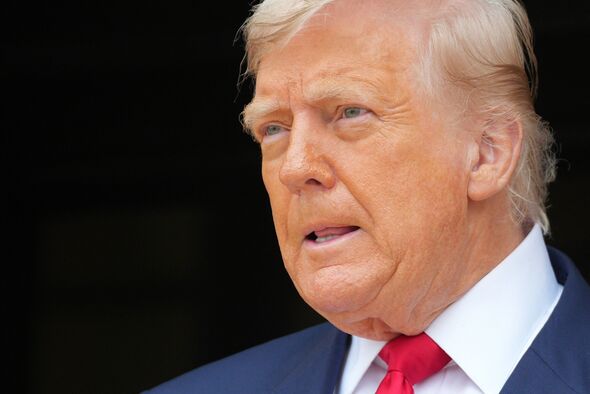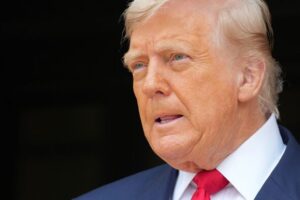

UK businesses will be potentially attractive to European businesses after Brexit and Donald Trump’s trade tariffs, an expert has suggested. The current trade environment places British firms in a good position, they argued, as Britain has negotiated trade deals with both the US and EU, and Mr Trump announced 15% tariffs on most of the bloc’s exports. In addition, Switzerland, which is not an EU member, faces a 39% tariff – the highest in Europe and fourth highest globally. This has “left many Swiss firms grappling with the threat of severe economic repercussions”, Aman Parmar, Head of Marketing at BizSpace, a small to medium business (SME) flexible workspace firm.
The EU and the US announced on July 29 that a trade deal would see a 15% ceiling on all EU exports currently subject to reciprocal tariffs. This also applies to cars and car parts, as well as any potential future tariffs on pharmaceuticals and semiconductors. However, European wines and spirits did not make it on the list of items exempt from the 15% levy. A 10% tariff will remain in force for countries with which the US has a trade surplus, which includes most states.
The House of Commons outlined the UK’s tariffs on July 30 as follows. In March, President Trump imposed a 25% tariff on all aluminium, steel and derivative goods imports.
From April 3, there was a 25% tariff on all passenger vehicles and light trucks. Tariffs of 25% on automobile parts were due to be implemented from May 3.
From April 5, a 10% baseline tariff on imports from the UK, affecting most goods.
Mr Parmar added: “This dramatic difference in tariff conditions could position the UK as a key indirect beneficiary of these tariffs, enabling it to reclaim some of the trade and investment lost post-Brexit.”
The expert also said: “The aftermath of the 2016 Brexit referendum saw many British businesses shift operations to mainland Europe, leading to initial uncertainties and a decline in exports.
“However, the prospect of US President Trump’s newly imposed tariffs is prompting companies to reassess their strategies.
“Similar to the situation faced by smaller Swiss firms, particularly in the watch and machinery sectors, UK SMEs might find themselves in a position to attract displaced EU businesses.
“In Switzerland, for instance, a fifth of the watches and jewellery produced are exported to the US; analysts suggest that the impact of US tariffs will disproportionately affect the lower-end segments of these markets.”
Swiss government held crisis talks on Monday in an attempt to finalise a proposal that might dissuade US President Donald Trump from imposing 39% tariffs on the country, Bloomberg reported.
Mr Parmar said: “With Switzerland now facing a staggering 39% tariff – the highest in Europe and globally the fourth highest behind only Syria, Laos, and Myanmar – it underscores the vulnerability of smaller exporters, which the UK could leverage to attract businesses seeking more stable conditions.”









